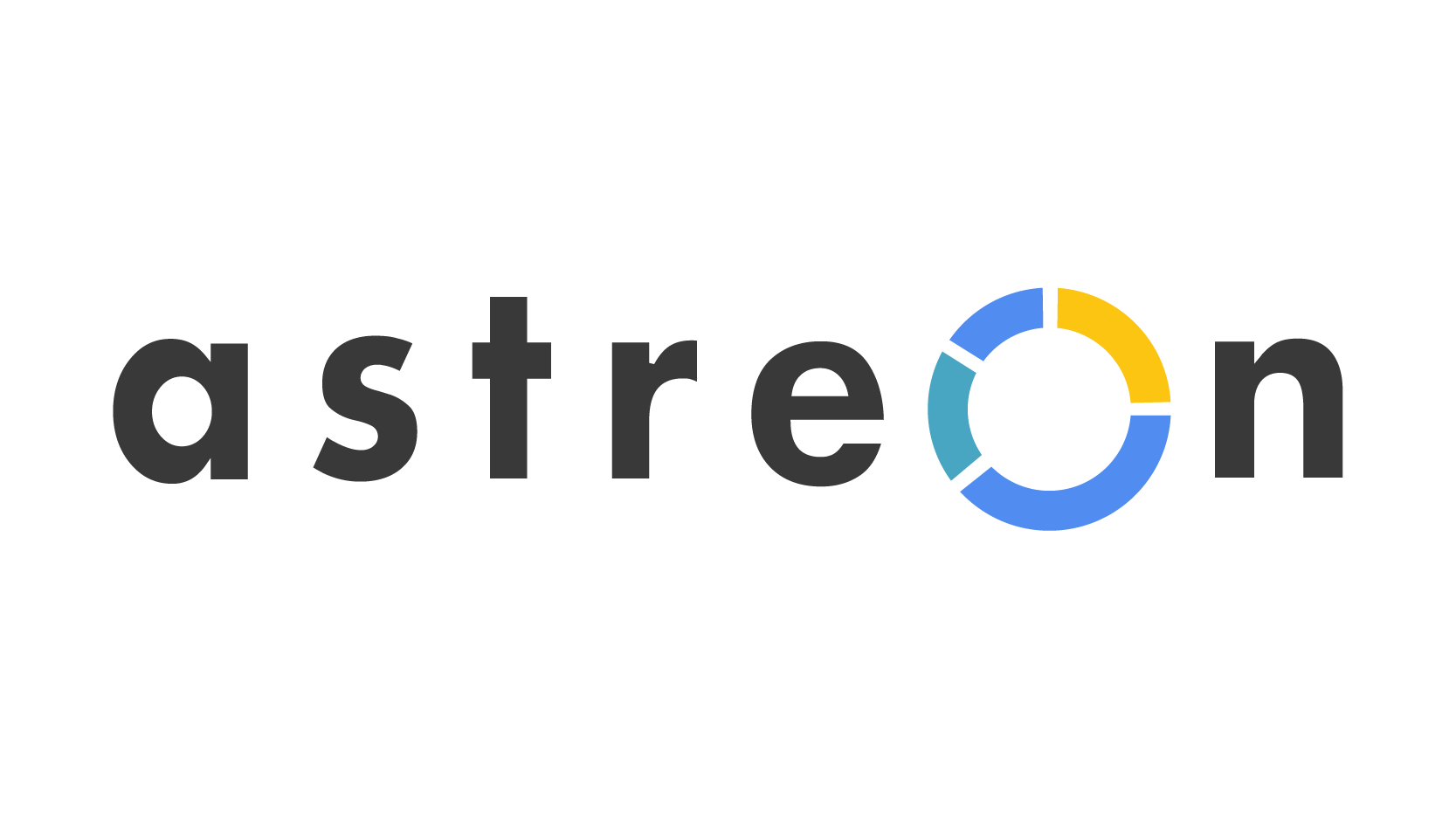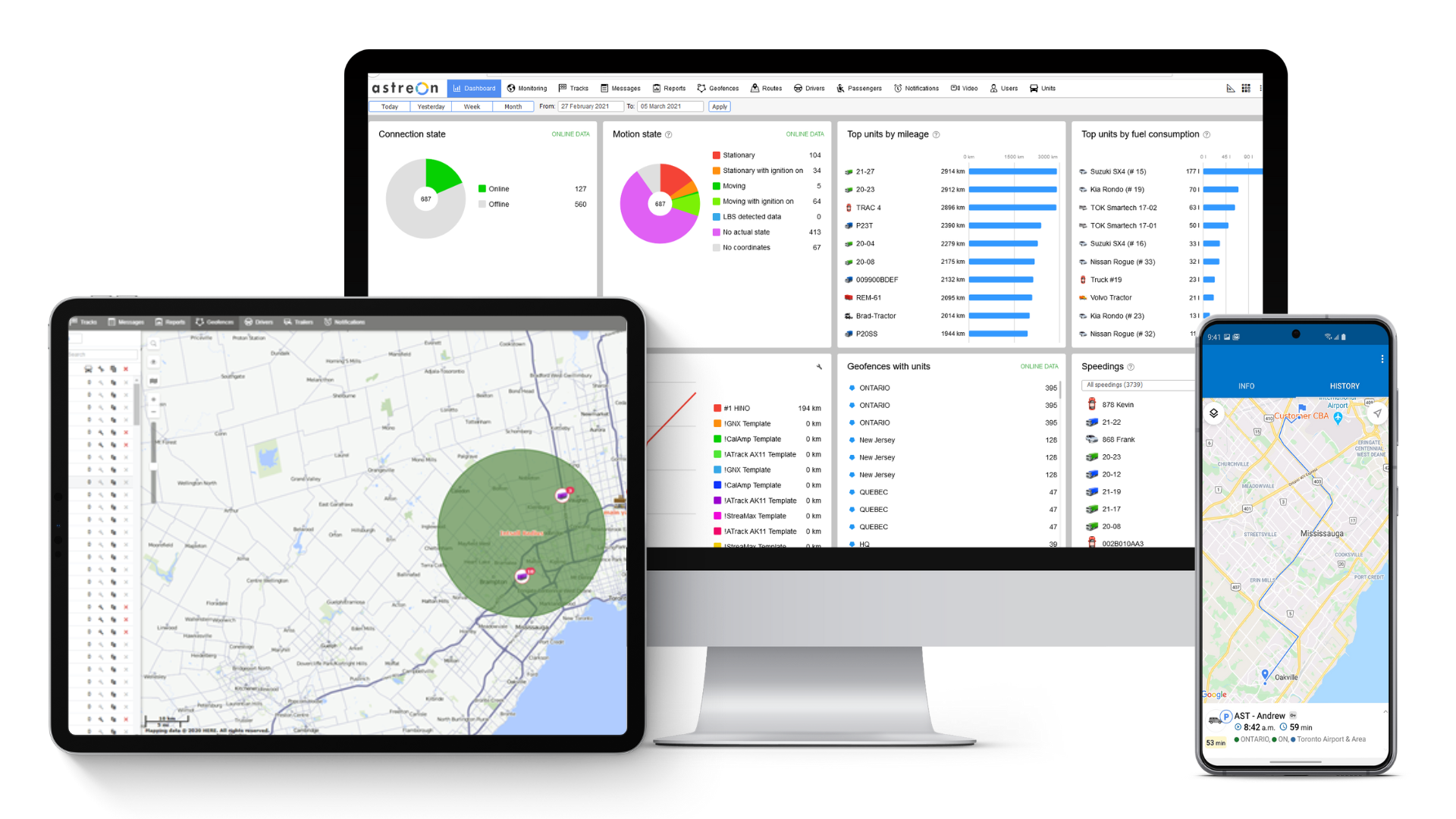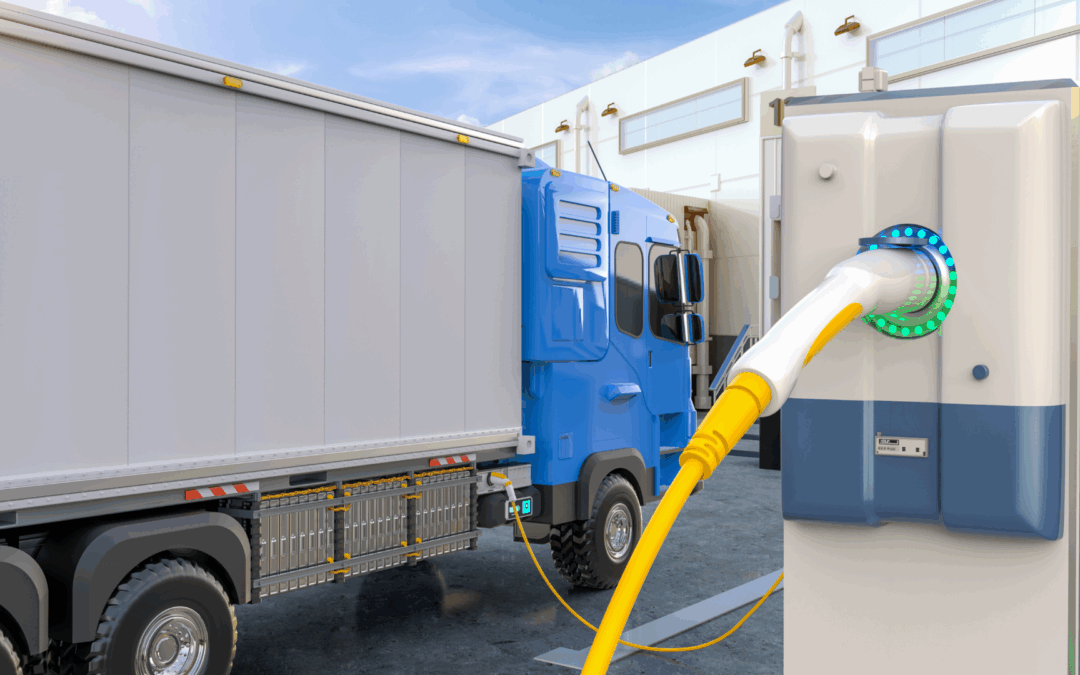
by Yumi | Jun 10, 2025 | Electric Vehicle, Fleet management
Electric vehicles (EVs) are no longer an emerging trend — they’re rapidly becoming a vital part of logistics operations. With growing environmental demands, shifting regulations, and technological innovation, EV adoption is rising across industries. For logistics...
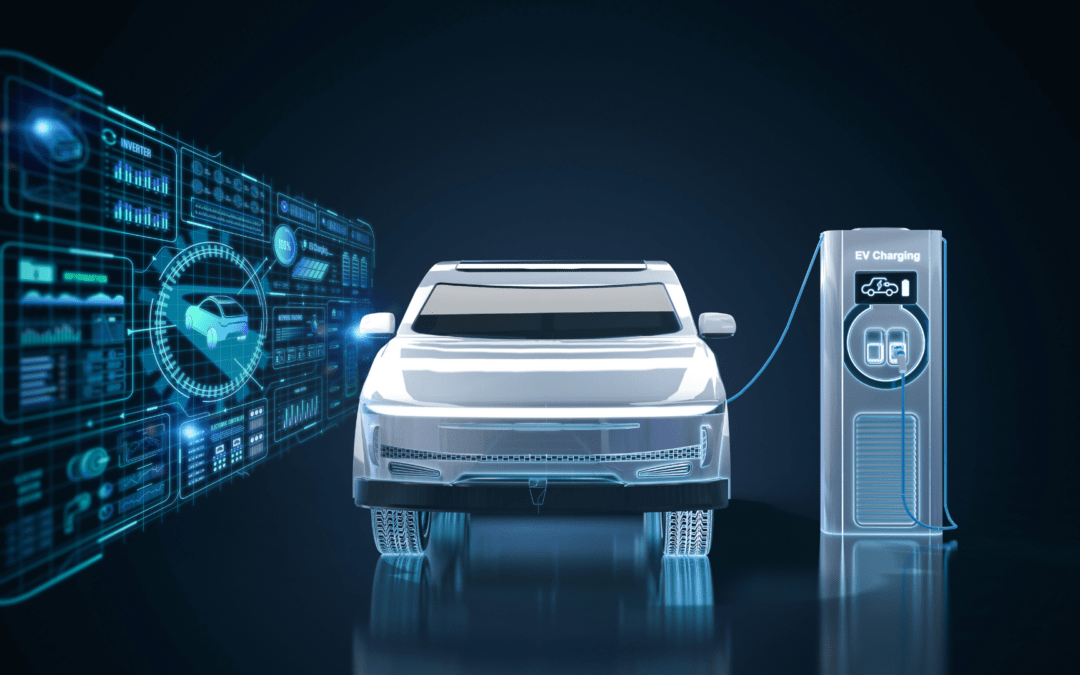
by Yumi | Jan 28, 2025 | Electric Vehicle, Fleet management
The fleet industry is undergoing a transformation as businesses transition from traditional fuel-powered vehicles to electric vehicles (EVs). With global efforts to combat climate change and rising fuel costs, fleet electrification is no longer just an environmental...
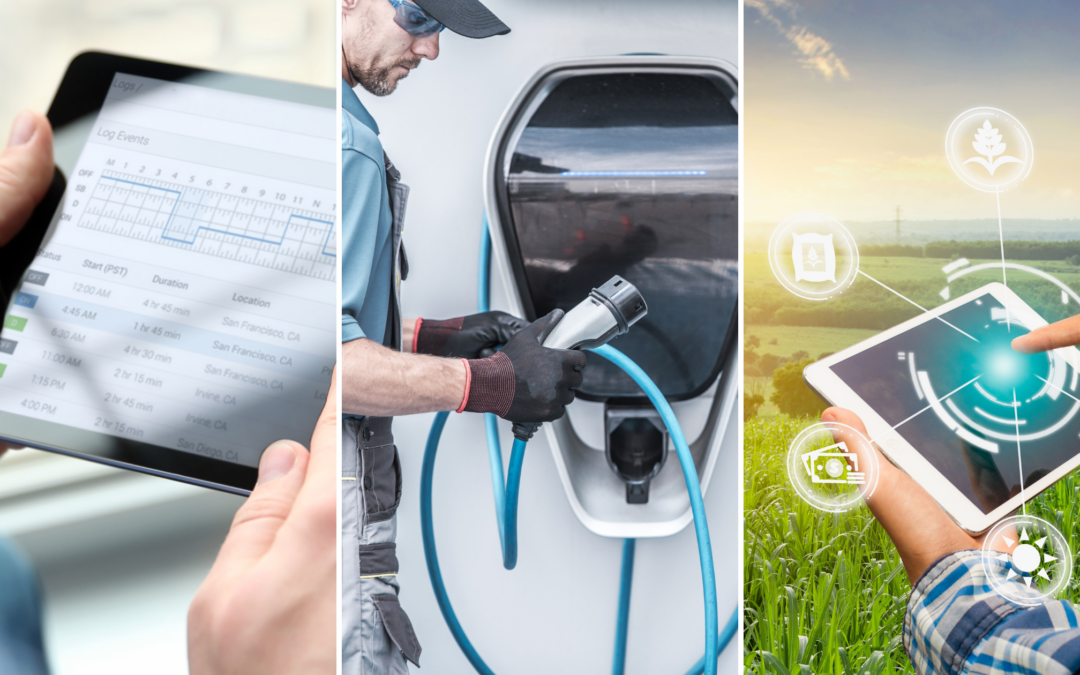
by Yumi | Dec 20, 2021 | Agriculture, ELD, Electric Vehicle, Sustainability
This year has a log of changes in the world, especially regulations. In addition to Covid-19 regulations, there are many regulations we have to comply with. The term “changes” also applies to fleet and technology industries this year. In this article, we review...
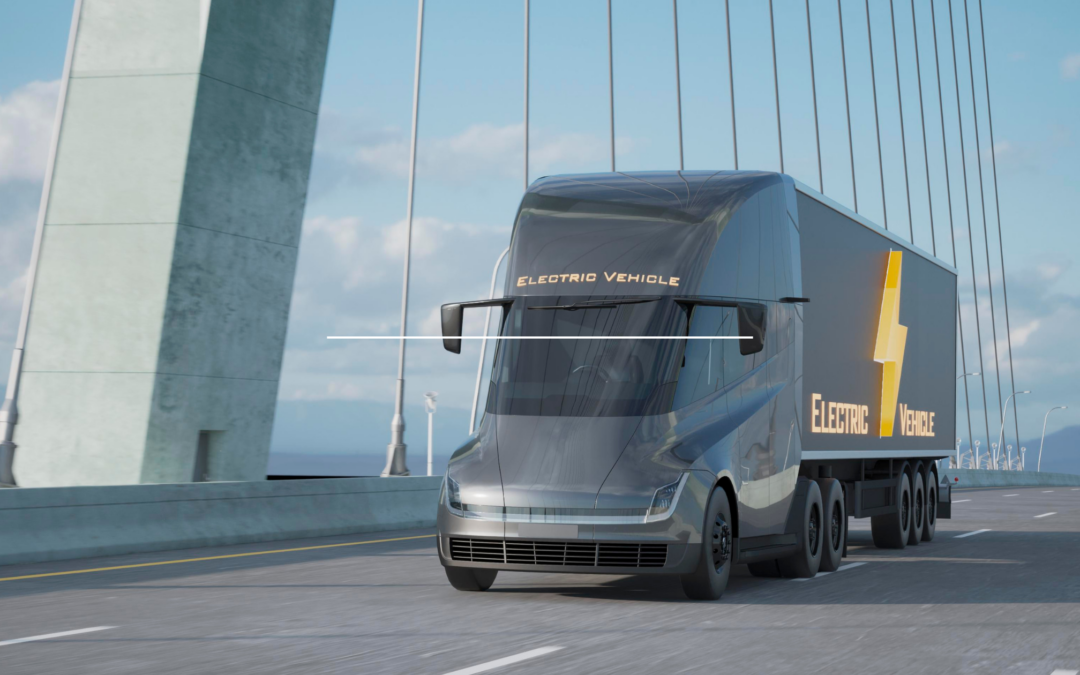
by Yumi | Aug 31, 2021 | Electric Vehicle, Industry, Sustainability, Tracking, Transportation & Logistics
The truck industry will be embracing change due to the emission regulations by the government. Demand for EV’s in the transportation sector is also rising due to the high cost of fuel and sustainability initiatives by private organizations. See the full article about...
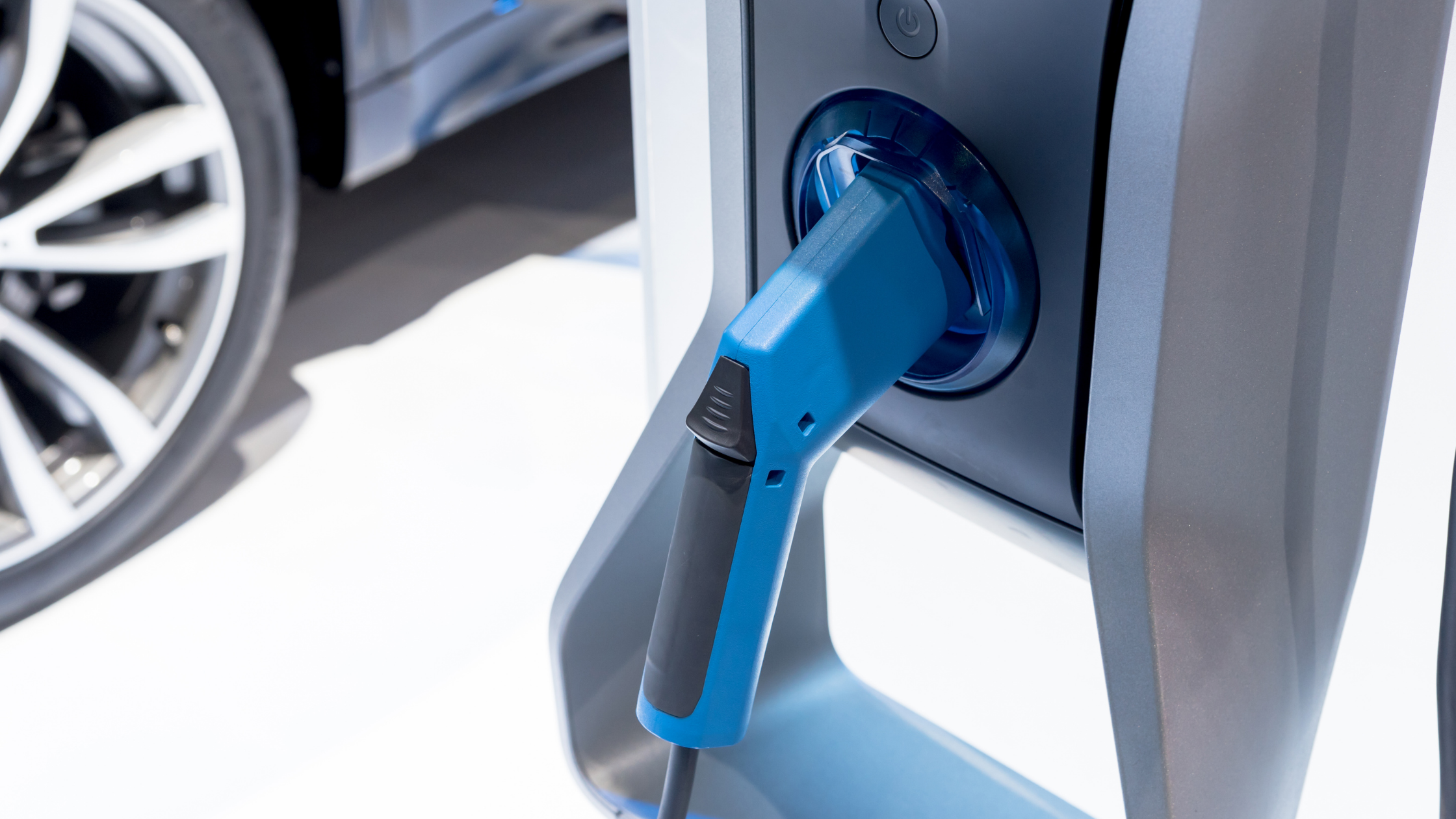
by Yumi | Aug 23, 2021 | Eco Driving, Electric Vehicle, Fleet management, Fleetrun, Fuel, Maintenance, Operation
The Biden administration has ordered federal agencies to develop tighter fuel efficiency, greenhouse gas, and oxides of nitrogen emissions standards for medium- and heavy-duty trucks last week. The fuel economy and emissions requirements proposed by the Environmental...






